China’s underground surrogacy industry: Operating in the shadows
Surrogacy in China disproportionately affects vulnerable women, exacerbating gender inequality. While declining birth rates pressure the government to address the issue, legal and ethical dilemmas hinder legalisation. The industry persists in a legal grey area, posing ongoing challenges. Lianhe Zaobao’s China Desk looks into the matter.
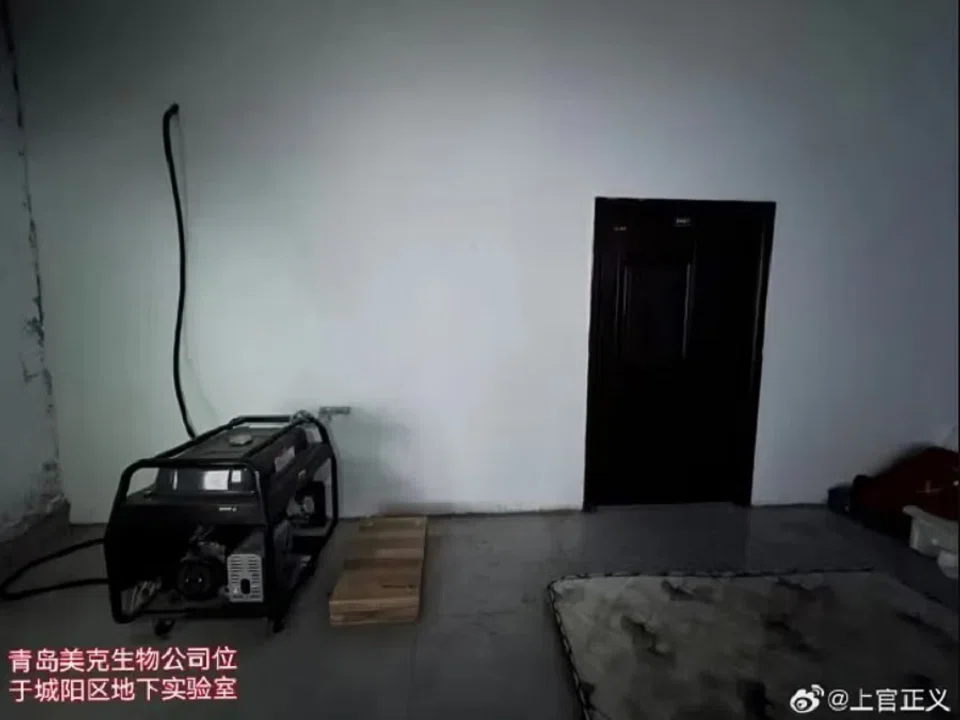
Doctors from top-tier public hospitals are performing surgeries in underground laboratories set up by biotechnology companies. Whistleblowers and the media have once again exposed a glimpse into China’s grey-market surrogacy industry.
Underground operations exposed
In late August this year, anti-trafficking activist “Shangguan Justice” (上官正义) and Henan Television’s “Urban Report” uncovered an underground surrogacy laboratory in Qingdao, Shandong.
This seemingly simple laboratory is hidden beneath an auto parts market in Qingdao. With an investment of 4.5 million RMB (US$632,000), the over-800-square-metres underground space is fully equipped for egg retrieval, embryo transfer and embryo cultivation — just like a legitimate medical institution.
Young women referred to by codes rather than their names are reportedly categorised as high- or low-end products based on their appearance and health — each egg is priced clearly.
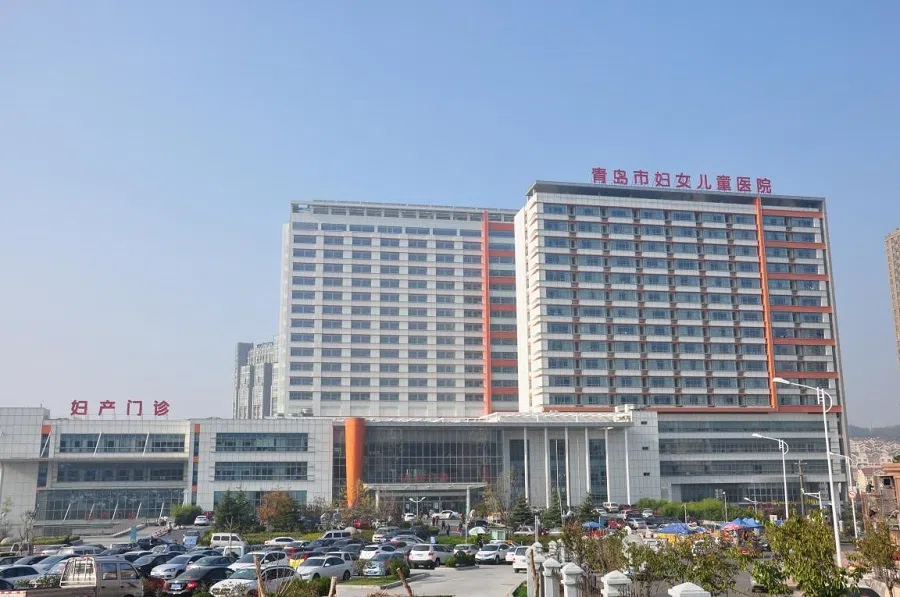
The lab was established by Qingdao Chunyun IVF Consulting Co Ltd (青岛市春孕试管婴儿咨询有限公司) and Qingdao Meike Biotechnology Co Ltd (青岛市美克生物科技有限公司). Operating under the guise of biotechnology firms, these companies have secretly developed a thriving surrogacy business.
Their operations cover the entire surrogacy industry chain. Besides egg retrieval and embryo transfer, they also handle delivery for other surrogacy agencies, arranging for surrogate mothers to give birth in hospitals under false identities. Birth certificates are then sold at prices starting from 50,000 RMB. Partner hospitals include those in Liaoning and Jiangsu provinces.
Young women referred to by codes rather than their names are reportedly categorised as high- or low-end products based on their appearance and health — each egg is priced clearly. These surrogacy services cost 750,000 RMB, with an additional 200,000 RMB for gender selection.
Following an undercover investigation, Shangguan Justice discovered that egg retrievals and embryo transfers were carried out by deputy chief physicians from top-tier public hospitals in Qingdao, including a deputy chief physician surnamed Li from the Qingdao Women and Children’s Hospital, and a deputy chief physician surnamed Qian from the obstetrics department at Qingdao Lianchi Maternity Hospital, along with an anesthesiologist and an assisting nurse.
The report revealed harrowing accounts of young women undergoing surgery without anaesthesia to save on cost. Some were mistakenly not given any anaesthetic, their cries of pain echoing through the hallway.
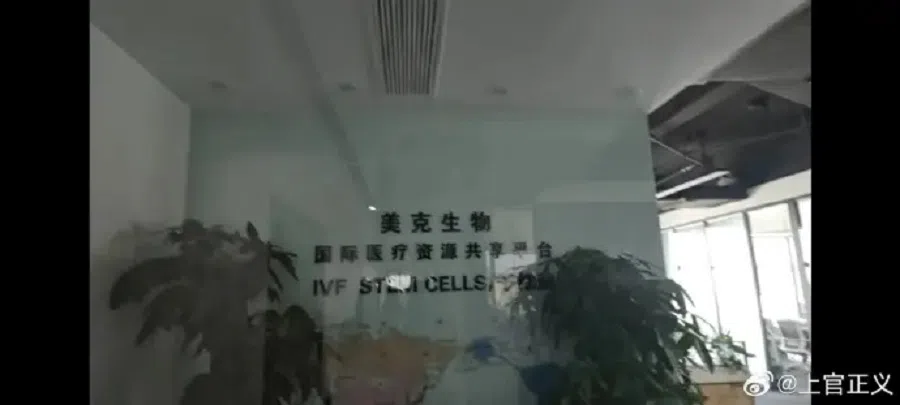
The report revealed harrowing accounts of young women undergoing surgery without anaesthesia to save on cost. Some were mistakenly not given any anaesthetic, their cries of pain echoing through the hallway.
After the report was released, the Qingdao Municipal Health Commission immediately announced that it had set up a joint investigation team with public security, market supervision and other departments to verify the information.
On 30 October, the investigation team released its findings, announcing the arrest of Meike Biotech head, surnamed Cong. Five other medical staff, including physicians and nurses suspected of involvement in surrogacy faced various penalties: confiscation of illegal income, revocation of medical licences and reduced retirement benefits.
Many netizens criticised the penalties as too lenient: “This is practically encouraging surrogacy; the punishment for transmitting obscene content is much harsher.”
Thriving despite bans
Netizens’ criticisms are not unfounded. In fact, since the first surrogacy agency was established in the 1990s, China still does not have any law in place explicitly prohibiting the use of surrogacy services.
At present, the primary regulation governing surrogacy is the Administrative Measures for Human Assisted Reproductive Technology issued by the former Ministry of Public Health in 2001. While prohibiting medical institutions and personnel from performing surrogacy, the law does not restrict individuals from using surrogacy services or impose legal constraints on surrogates or agencies.
After China relaxed its one-child policy to allow couples to have two children in 2014, the demand for surrogacy surged and has more recently led to the development of an illicit network of collusion between hospitals and surrogacy agencies.
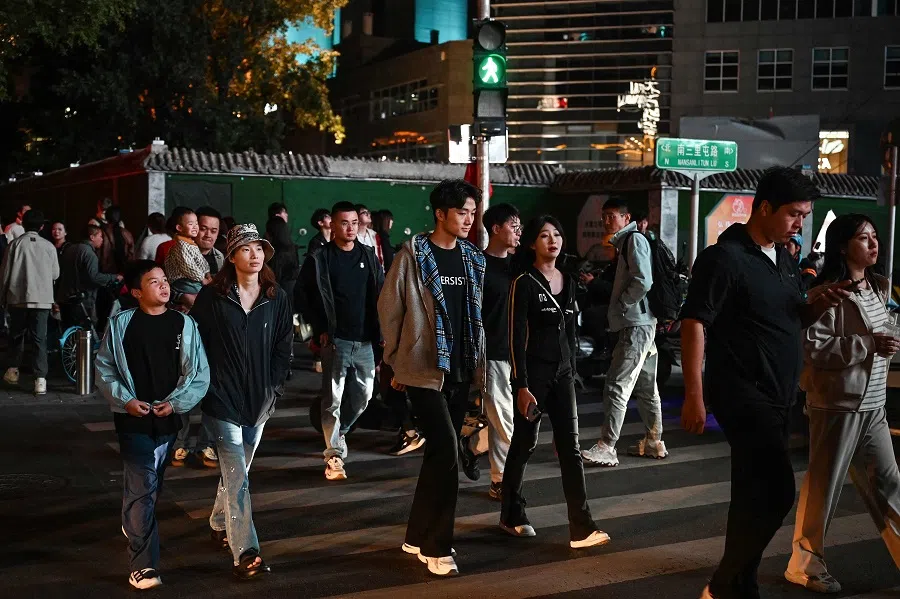
In addition, the Administrative Measures for Human Assisted Reproductive Technology are departmental regulations and not part of the laws enacted by the National People’s Congress and its Standing Committee, nor are they administrative regulations issued by the State Council. Hence, they occupy a lower tier in the regulatory hierarchy and lack punitive power.
Industry practitioners told Caixin that even if underground agencies providing surrogacy services are caught, they may only face penalties such as licence revocation or fines, which is nothing compared with the profits they earn.
During the Standing Committee of the National People’s Congress revision of the Law on Population and Family Planning in December 2015, the clause related to a ban on surrogacy was also removed.
Hence, surrogacy regulation in China finds itself in a predicament where the law does not prohibit it, but the government does not permit it. The legal maxim that “everything which is not forbidden is allowed”, coupled with the demand from families unable or unwilling to have children, has led to surrogacy becoming increasingly semi-open in China.
After China relaxed its one-child policy to allow couples to have two children in 2014, the demand for surrogacy surged and has more recently led to the development of an illicit network of collusion between hospitals and surrogacy agencies. The above-mentioned surrogacy laboratory had colluded with public hospitals in Shandong and other regions, enabling surrogate mothers to use false identities to obtain legitimate birth certificates.
... the activities shifted to inland provinces such as Yunnan and Sichuan.
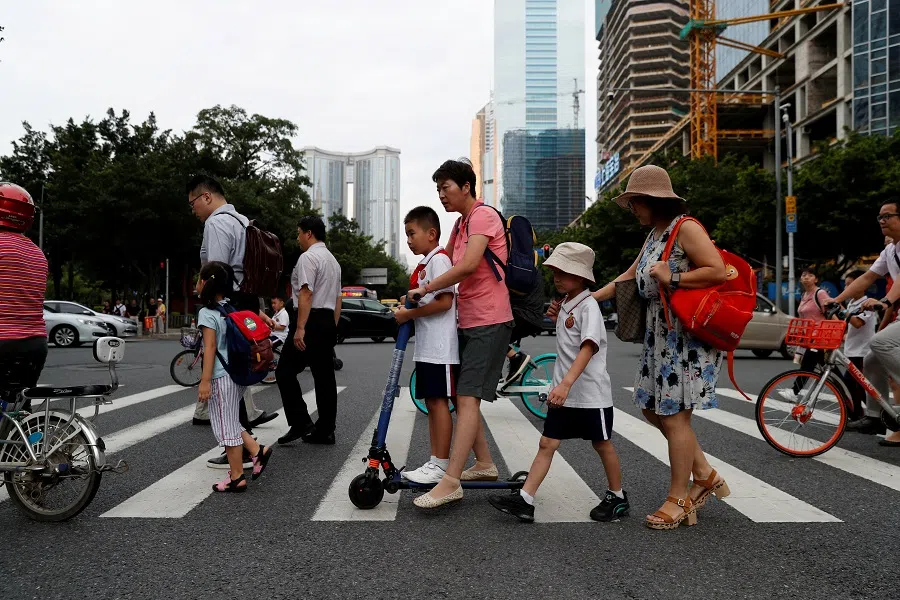
In fact, the birth certificate inspection team in Shandong recently conducted investigations at medical institutions such as the Qingdao Women and Children’s Hospital. They looked into the organisation and management of birth certificates; the management of first issuances, replacements and reissuances; the storage of blank certificates; issuances outside of the institution; and verification of identity for hospital births.
Although inspections and other regulatory actions have been conducted, the grey market for surrogacy persists and thrives, with illegal transactions still rampant.
Shangguan Justice found that after several years of “stringent crackdowns”, the situation in provinces that were previously the epicentre of surrogacy, such as Guangdong, Hunan, Hubei, Jiangsu and Zhejiang, indeed saw some improvement. However, the activities shifted to inland provinces such as Yunnan and Sichuan.
He frankly stated that this grey-market chain is intricately linked, with each segment accompanied by illegal or non-compliant activities. He said, “For example, there is the buying and selling of birth certificates and illegal medical practices by doctors. Furthermore, many anesthesiologists bring their own anaesthetic drugs. Where do these drugs come from? Are there loopholes in the regulation of anaesthetics as well?”
For these 50 million who want children but are unable to conceive, there are currently no legal channels in China to fulfil their dream of having a child.
Surrogacy needs and moral dilemmas
According to Chinese media reports, the cost of surrogacy in China usually ranges from 400,000 RMB to 500,000 RMB, even as much as one million RMB. Industry insiders say that each transaction can yield a profit margin of 30% to 60%.
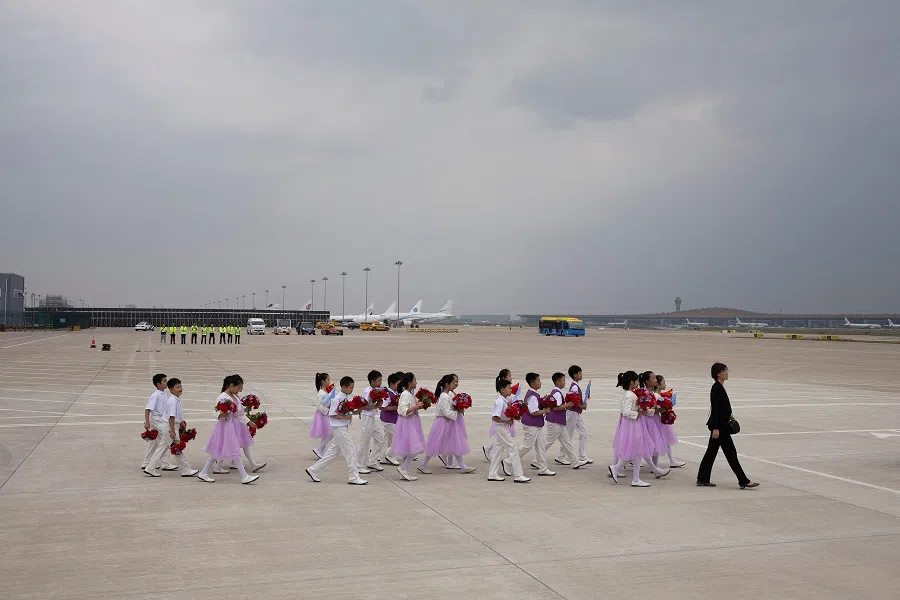
The booming grey market is undoubtedly driven by large profits, but the unmet demand cannot be ignored either.
According to the China Infertility Status Report released by the China Population Association and the National Health and Family Planning Commission, the country’s infertility rate was about 18.2% in 2023, affecting over 50 million people, up from 16% in 2018.
For these 50 million who want children but are unable to conceive, there are currently no legal channels in China to fulfil their dream of having a child. Despite the significant legal risks, surrogacy is unfortunately one of the few options available to them.
However, when discussing whether surrogacy should be legalised, many complex and thorny legal and ethical issues spring forth.
Public opinion is concerned that the autonomy of babies born via surrogacy cannot be guaranteed. Who is obligated to raise the child, the surrogate mother or the egg donor? If the child’s gender or health does not meet expectations, how then to ensure that the child is not abandoned? If a surrogate child is abandoned, does it constitute a case of child abandonment? As the child grows older, how should their identity crises be resolved?
... egg donors and surrogate mothers are often women on the fringes of society.

Some opponents argued that commercial surrogacy reduces childbirth to an instrumental need, which is inherently disrespectful towards life. Surrogacy carries an implication of selling female reproductive rights as a commodity and treating women’s bodies as mere reproductive machines, thus severely trampling on women’s rights and dignity.
Moreover, egg donors and surrogate mothers are often women on the fringes of society. The prevalence of surrogacy disproportionately harms women from lower socioeconomic backgrounds, exacerbating societal gender inequality.
As birth rates continue to decline and the population crisis worsens, the Chinese government needs to address people’s “hesitance or unwillingness to have children” to reverse the low birth rate. However, until the aforesaid issues are truly resolved, the authorities would most likely be reluctant to legalise surrogacy.
What is certain is that in the grey area where “the law does not prohibit, but the government does not permit”, the surrogacy industry chain would most likely persist, while the legal and ethical dilemmas faced by authorities would become more challenging. Pandora’s box has been opened, but the present laws may be unable to respond in time.
This article was first published in Lianhe Zaobao as “青岛地下代孕产业链的灰色空间”.




![[Big read] When the Arctic opens, what happens to Singapore?](https://cassette.sphdigital.com.sg/image/thinkchina/da65edebca34645c711c55e83e9877109b3c53847ebb1305573974651df1d13a)
